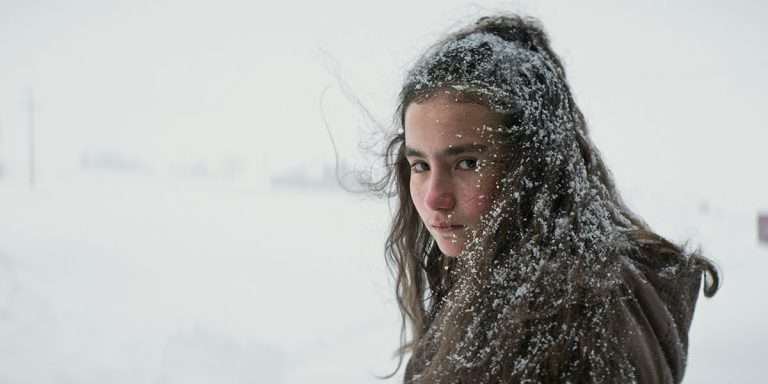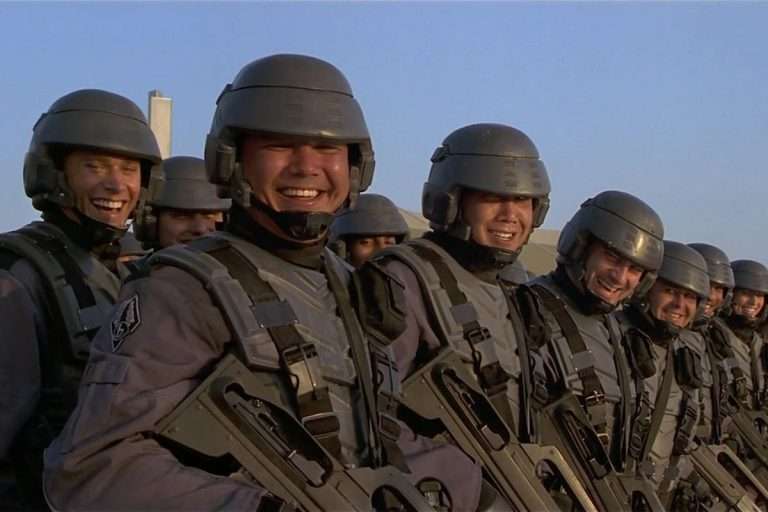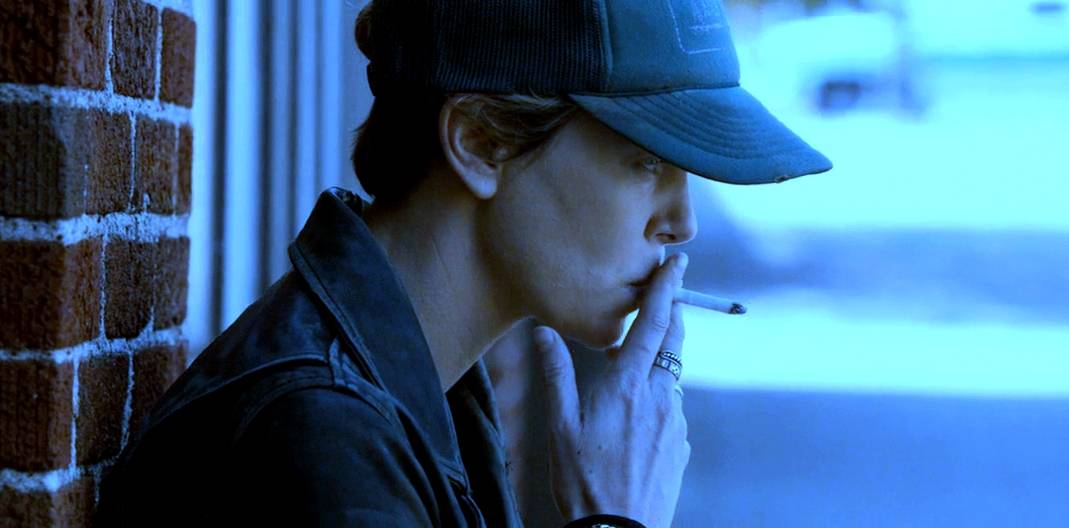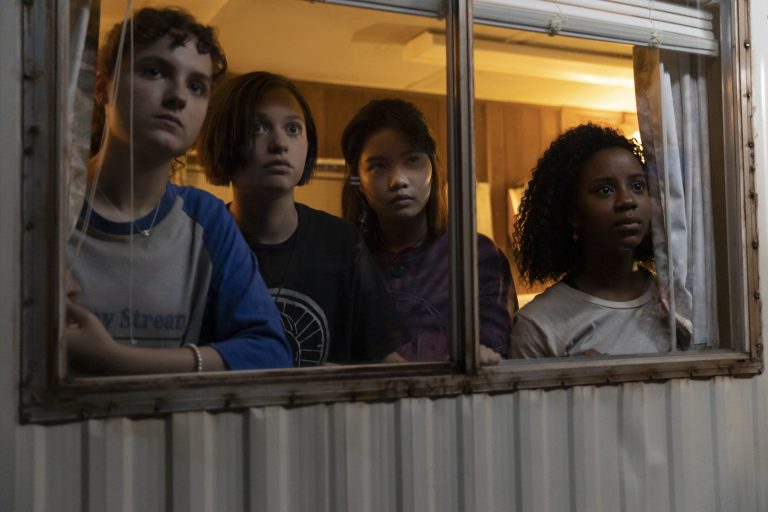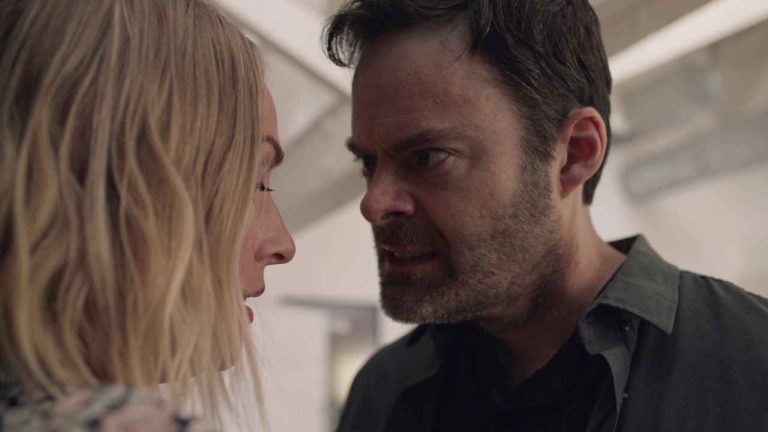The Season 1 finale of Orb: On Movements of the Earth (Episode 25) delivers a profound and thought-provoking conclusion, seamlessly weaving together history, philosophy, and scientific inquiry. As the season’s central themes—knowledge, belief, and skepticism—reach their peak, the episode offers a gripping exploration of human intellect and its enduring struggle against societal constraints.
Through intimate conflicts and moments of revelation, the narrative underscores the pursuit of truth as both an immense burden and an essential calling. The finale not only brings Albert’s character arc to a powerful resolution but also pays tribute to the often-overlooked figures who played a crucial role in shaping the history of heliocentrism.
This article contains spoilers.
Orb: On Movements of the Earth (Season 1 Finale) Episode 25 “Question” Recap:
The episode opens with Rafal introducing Albert to the like-minded people at this meeting. During the introduction, Rafal says they are the new generation that will leave the old ways behind and walk toward freedom and peace by pursuing research. Rafal introduces Albert and tells the crowd that Albert has a unique sense of curiosity for his age, and it feels like a master theoretician has entered Albert’s body.
This curiosity is what is required for the future of academics. However, Rafal worries that the truth will be conceived rather than discovered in the future. Since people are short on information, expanding our horizons and interacting with foreign theories and cultures is ideal. This way, one day, truth may be seen as relative. When that happens, the awe people have for the universe may fade, and research will become specialized.
Who killed Albert’s father and why?
After the speech, Rafal asks Albert to hang out with the people talking about cosmology as it might interest Albert while Rafal leaves to tend to an errand. As some people discuss cosmology, Albert is lost in thought. He realizes he hasn’t made observations of the stars that day. Re-thinking the options, Albert decides to leave early and rushes home. When Albert gets home, he sees Rafal has killed Albert’s father.
Without remorse, Rafal says Albert’s father had some materials that dealt with a revolutionary theory that could change how we see the universe. As Rafal is interested in those theories, Rafal suggests that Albert’s father join the research, but Albert’s father refuses. According to Rafal, the theory was beyond Albert’s father’s understanding, and without Rafal’s social position and intellect, the value of the theory would be lost.
Why is Albert against going to the university?
Furthermore, Albert’s father believed the theory conflicted with the current one. The reason Albert’s father refused to work on a dangerous theory is to protect Albert as he is a child. When Albert’s father blackmailed him to burn the materials, Rafal killed the man. The worst sin for Rafal is to have knowledge and not share them. To pursue the beauty of the world, sacrifices are inevitable.
At present, Albert shares this story with the priest, and he says the townspeople have arrived and taken Rafal away. Albert’s father always urged him to doubt, a principle he held so firmly that it ultimately led to his demise—he refused to share crucial materials, his trust issues sealing his fate. In contrast, Rafal urged Albert to believe. His unwavering conviction, however, prevented him from questioning the true nature of the murder.
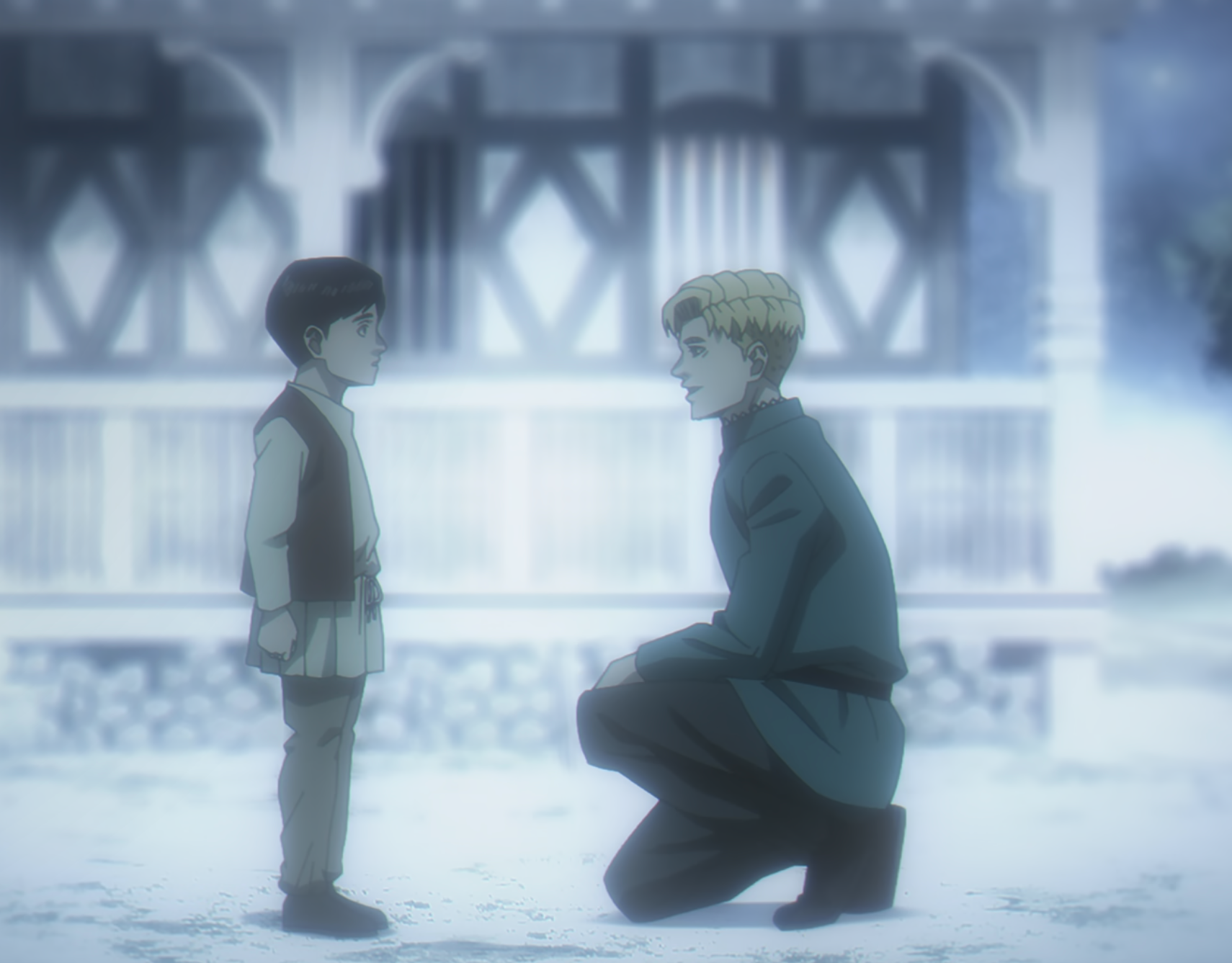
Truth and learning are burdens to humans. This is the reason Albert does not want to go to university. However, Albert thinks doubt and conviction can only be chosen and cannot co-exist. But the priest explains that there are many contradictions in the world, which exist because we are human beings. Human beings are neither God nor beast and exist in between, which is why humans can understand ambiguity and confusion. The priest feels Albert does not feel God’s presence anymore. Moreover, Albert cannot see the miracle of the universe, which Albert used to feel as a child. This happens because Albert throws away all the memories and experiences along with the pain; hence, Albert cannot feel the miracles around him.
Orb: On Movements of the Earth (Season 1) Finale Episode 25 Ending Explained:
As Albert does not know how to go about his life, the priest asks Albert to look up at the sky and take a deep breath. As promised, the priest confesses. Long ago, the priest left a friend to die. Because of the nature of the work, this friend committed a terrible crime. The priest has been unsure what the right thing for him to do was.
The priest then tells Albert to move forward as he has expressed his worries, and God will accept them both. In solitude, one must question if they are worthy of God’s acceptance. Now, Albert says there will always be silence from God regarding that question. The priest says this will allow humans to keep thinking until the end. Before bidding farewell, the priest asks Albert what one should sacrifice to obtain the world’s truth.
Outside, Albert marks the constellations and says he wants to pursue the world’s beauty. To obtain knowledge, Albert knows he cannot hide knowledge like his father or eliminate others like Rafal did. Albert doubts as he moves forward and believes when he turns back. This way, Albert’s pursuit of truth will never end. Enthusiastic, Albert runs to the baker and says he wishes to enroll in the university. The next day, Albert enrolled. The next scene pays homage to all the fallen heroes who pursued a different scientific theory other than what was accepted.
As Albert walks through town, a postman arrives with a letter to Potocki’s residence, where a stranger now resides. The letter promises to give 10% of the book Orb: On Movements of the Earth, which Albert overhears and thinks he misheard. However, Albert stops to question the idea. In 1468, Albert enrolled at the University of Krakow at age 23. Albert ends up working there as a teacher for 20 years. The lectures primarily focused on mathematics and natural philosophy.
At one point, Albert expressed his skepticism towards the geocentric model. In 1482, Albert wrote a commentary on the astronomy textbook – New Theories of Planets. Students in the university widely read this. In 1491, one of the students who learned astronomy commentary from Albert was a young man called Copernicus. In the final two episodes, the priest may have been one of Nowak’s junior inquisitors, as there were two—one of whom was executed for aiding Jolenta’s escape.
Subtly woven into the conclusion, the creators have incorporated real historical elements related to Copernicus, enhancing the anime’s depth by seamlessly blending fiction with a touch of reality. Throughout its run, the series has been as much a philosophical exploration as it has been a scientific one.
Meanwhile, Draka sends a letter to Potocki, ensuring that the legacy of heliocentrism endures. Albert later overhears a conversation between a postman and a stranger, confirming that the idea continues to spread. The finale encapsulates the show’s essence by affirming that life exists in shades of grey, where contradictions are inevitable. As Antoni predicted, figures like Nowak, the inquisitors, and other key players remain absent from the historical record of heliocentrism—yet their contributions were instrumental in shaping it.


